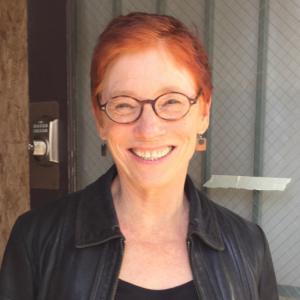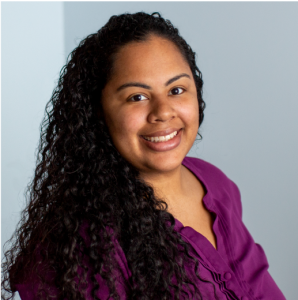We asked 66 professionals across the field of documentary-focused journalism:
As documentary becomes an ever-larger feature of the media landscape, is journalism addressing documentary’s role in the informational environment for public life? And where are there weaknesses? What would help?
They told us that the burgeoning field of documentary has developed without internal standards and practices for accuracy, avoiding conflict of interest, representational fairness, or other ethical standards. It also has historically had little critical or investigative scrutiny from journalism, either from critics or reporters. This means the field of documentary lacks both the benefits of increased awareness and the accountability measures that journalism can provide.
The ecology of information circulation about documentary is dysfunctional for many other reasons as well––the economic crisis of journalism more generally; arts journalism’s complicity with public relations; the common characterization of documentary film as entertainment; systemic lack of opportunity for rising and BIPOC critical voices; and absence of publicly available data about the field.
Interviewees recommended a variety of ways to address the problem:
- Documentarians need to articulate and publicize the standards of their field;
- Journalistic editors need to know more about the growing importance of the documentary business;
- Critics need to know about the history and aesthetics of documentary;
- There should be more public discussion of documentary standards.
Interviewees also described a variety of programs, venues and models to accomplish these goals.

 Patricia Aufderheide is University Professor in the School of Communication at American University She is the author of, among other books, Documentary Film: A Very Short Introduction (Oxford University Press), and co-author with Peter Jaszi of Reclaiming Fair Use: How to Put Balance Back in Copyright (University of Chicago Press). She has served on the board of Kartemquin Films, and is a board member of the Independent Television Service.
Patricia Aufderheide is University Professor in the School of Communication at American University She is the author of, among other books, Documentary Film: A Very Short Introduction (Oxford University Press), and co-author with Peter Jaszi of Reclaiming Fair Use: How to Put Balance Back in Copyright (University of Chicago Press). She has served on the board of Kartemquin Films, and is a board member of the Independent Television Service. Marissa Woods is a filmmaker and arts researcher. She is completing a Master of Fine Arts in Film & Media Arts at American University’s School of Communication.
Marissa Woods is a filmmaker and arts researcher. She is completing a Master of Fine Arts in Film & Media Arts at American University’s School of Communication.
